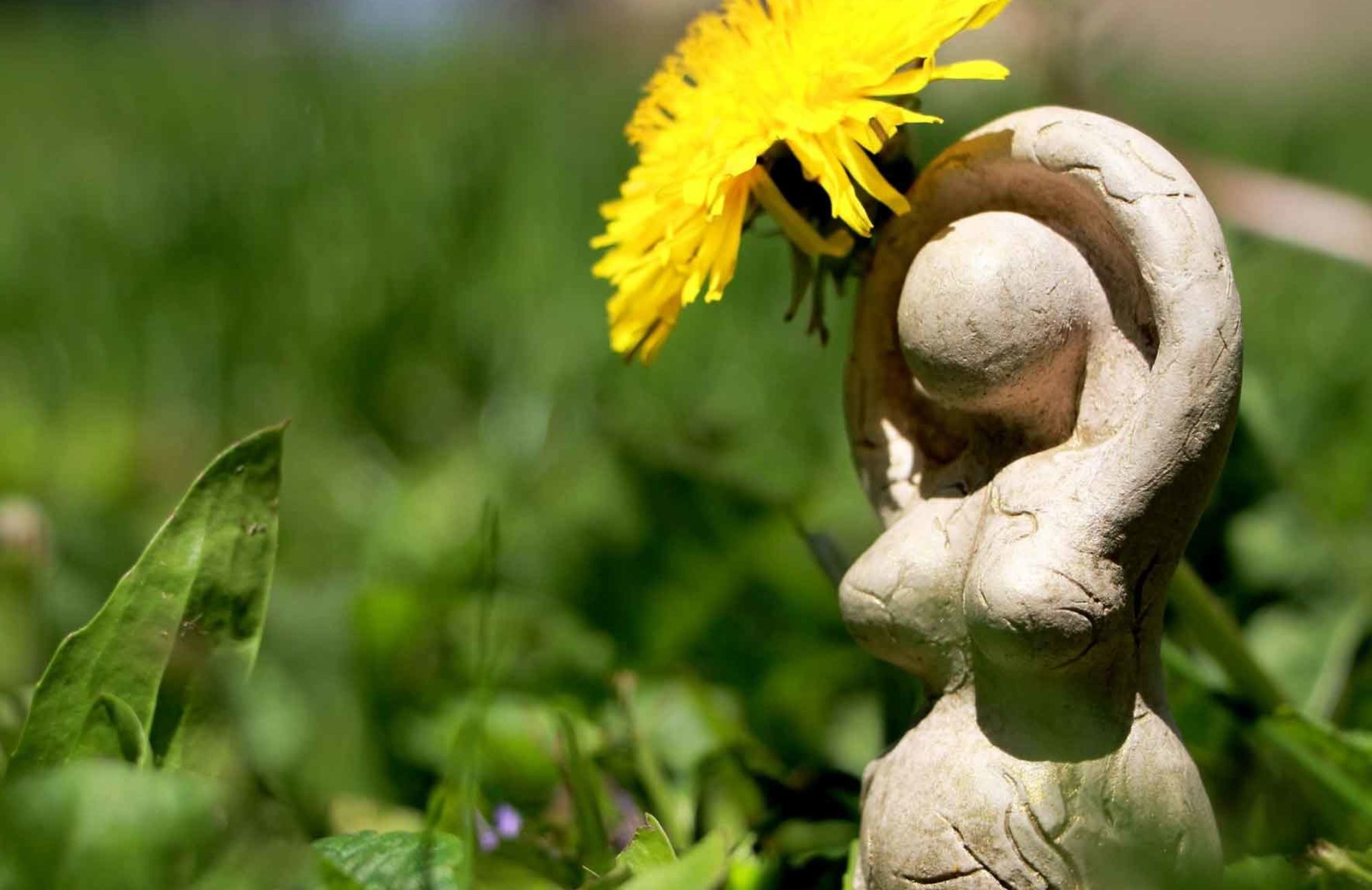“Waterbirds, Water, Women and Place in Archaic European Lore”
Dr. Barber’s works bring together scholarship from a wide range of sources to discuss such diverse topics as textile history as “woman’s work,” culture and migration, the origins of myth in cosmology, and the evolution of modern folk dance from beginnings in ritual and sacred story. Her books include Women’s Work: The First 20,000 Years; Women, Cloth, and Society in Early Times (1995), The Mummies of Ürümchi (1999), When They Severed Earth from Sky: How the Human Mind Shapes Myth (2004, coauthor with Paul T. Barber) and The Dancing Goddesses: Folklore, Archaeology, and the Origins of European Dance (2013).

The Dancing Goddesses: Folklore, Archaeology, and the Origins of European Dance won ASWM’s Sarasvati Award for Best Nonfiction Book in Women and Mythology in 2014. Publishers Weekly says of this book,
“Rich with anecdotes and compelling explanations of the origin of many modern customs (such as throwing rice at a bride), Barber’s is an informative and amusing read, often bringing together many diverse sources—traditional stories, illustrations of artifacts, and aspects of popular culture—into an illuminating whole that will serve as a nice introduction for those unfamiliar with the topic, and a valuable reference for scholars of European dance and folklore.”
Dr. Barber is professor emerita of archaeology and linguistics at Occidental College.





You must be logged in to post a comment.